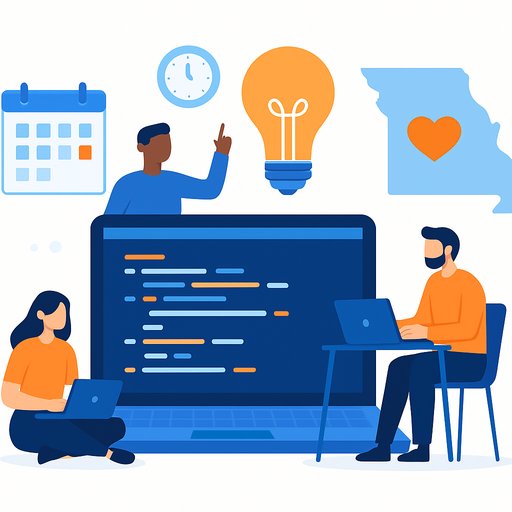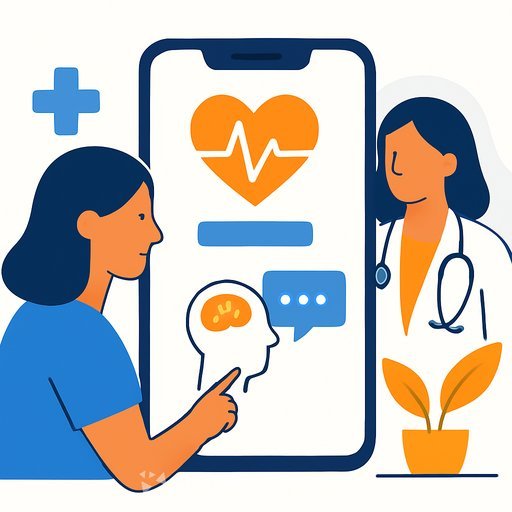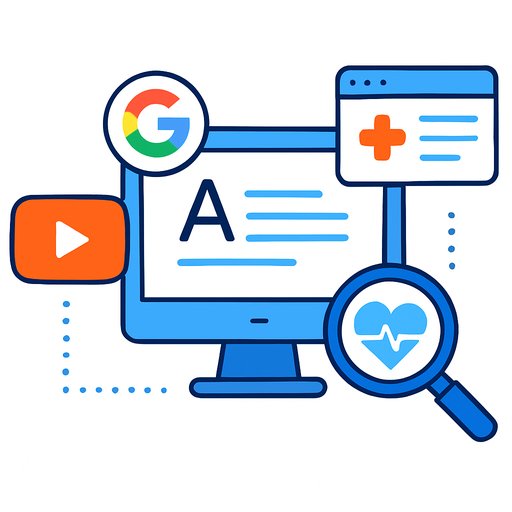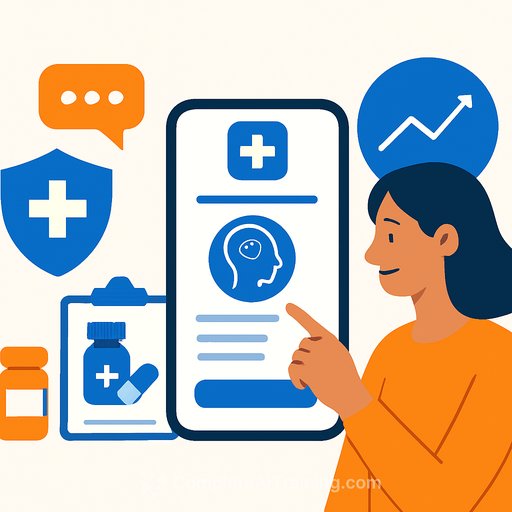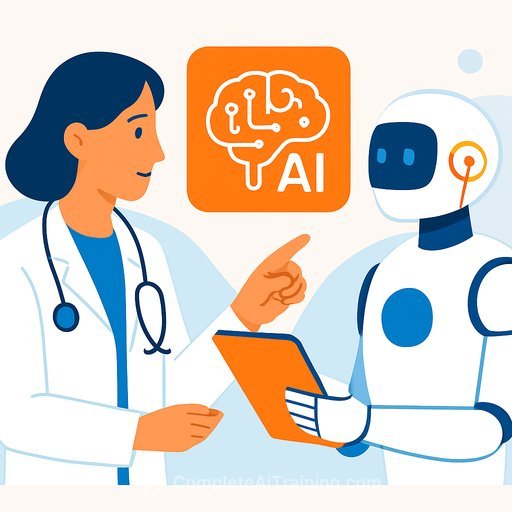Missouri's First "Vibeathon" Puts AI to Work for Patient Care in Joplin
This weekend, Joplin hosts the state's first "Vibeathon," a two-day, 36-hour vibecoding contest centered on healthcare. More than 120 participants will build AI-powered software aimed at easing the pain points you face on the floor and in the back office. The event takes place Saturday and Sunday inside MSSU's Plaster School of Business, with cash prizes topping $20,000.
Vibecoding blends coding with AI to generate, refine, and expand working solutions fast. The best builds will be judged, and standout projects could move toward real-world use to make care more patient-focused.
Why it matters for clinicians and staff
"The big opportunity is we have health care workers who want to take care of patients and want to contribute to patient care and community care. So, the more administrative burden we can remove, the more these workers can do that," said Joplin Regional Alliance for Health Executive Director, Lori Worthington.
- AI scribing and note cleanup to shrink documentation time
- Prior authorization prep with structured summaries and evidence pull
- Schedule optimization and smarter triage of patient messages
- Claims scrubbing, coding suggestions, and denial prevention
- Referral tracking and closed-loop follow-up
- Discharge instructions and reminders that patients will actually follow
How the event works
Teams will use AI to iterate quickly-generating code, testing, and refining-with a focus on measurable outcomes. "This weekend is all about people coming in and using AI to build solutions to help regional health care participants here get back in the game," said Codefi Chief Venture Officer, Jody Chaffin.
Judges will look for clear clinical or operational value, privacy-conscious workflows, and the ability to plug into existing systems. Expect extra points for using standards like FHIR and demonstrating impact with simple, credible metrics.
What healthcare organizations can do right now
- Bring (or be ready to share) safe, de-identified sample data that mirrors your workflows.
- Define one success metric you care about-e.g., "reduce inbox response lag by 20%."
- Set guardrails: PHI handling rules, audit trails, human-in-the-loop checkpoints.
- Plan for HIPAA from day one-role-based access, data minimization, logging, retention. See HHS guidance on privacy: HIPAA Privacy Rule.
- Map a simple pilot path: one unit, one problem, four weeks, weekly readouts.
- Include frontline clinicians in the design loop to avoid workflow friction.
If you're participating
- Arrive with a narrow problem statement and a sample dataset (de-identified).
- Validate early with a mock clinician inbox, visit note, or claim file-then iterate.
- Show the math: baseline vs. improved time-on-task, error rate, or throughput.
- Build in a simple risk plan: human review steps, fallbacks, and audit logging.
- Demo interoperability: a FHIR endpoint, CSV import/export, or HL7 bridge.
The goal is straightforward: give clinicians more time with patients and less time wrestling with admin work. Practical tools, shipped quickly, and tested against the problems that slow care down-that's the bar.
Want to skill up your team on AI basics for clinical ops and admin workflows? Explore curated options by role here: Complete AI Training - Courses by Job.
Your membership also unlocks:

